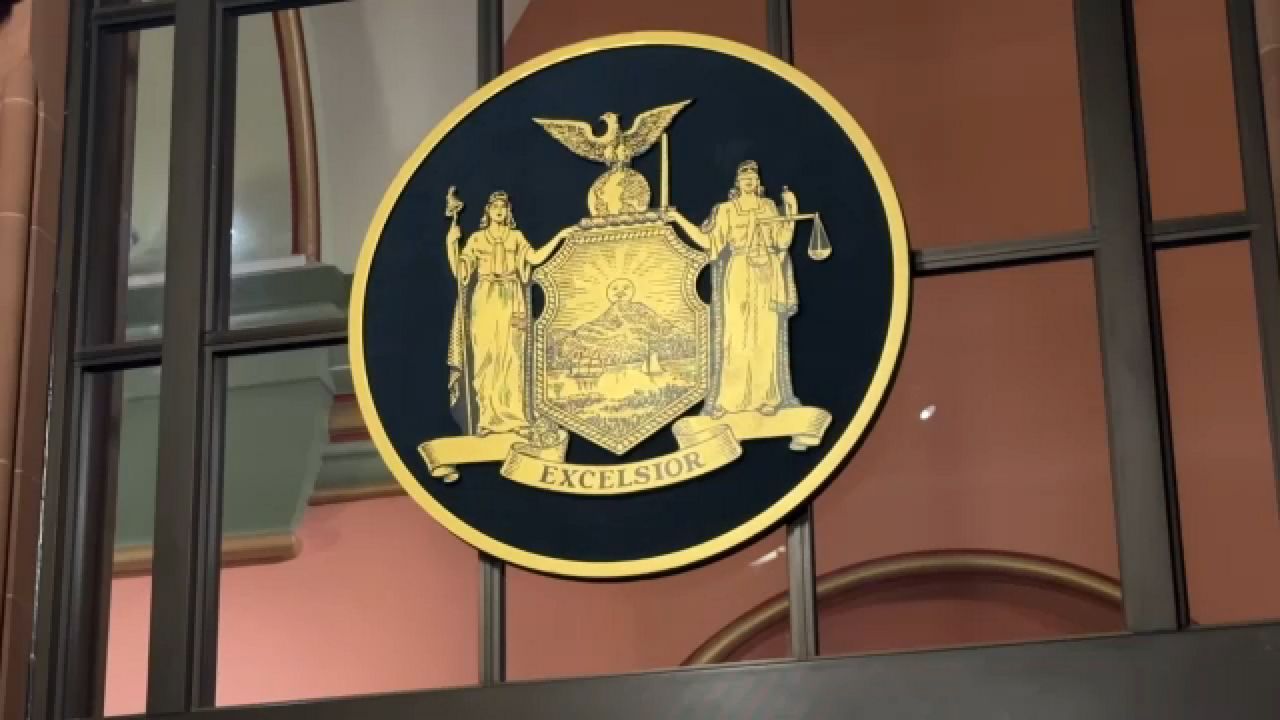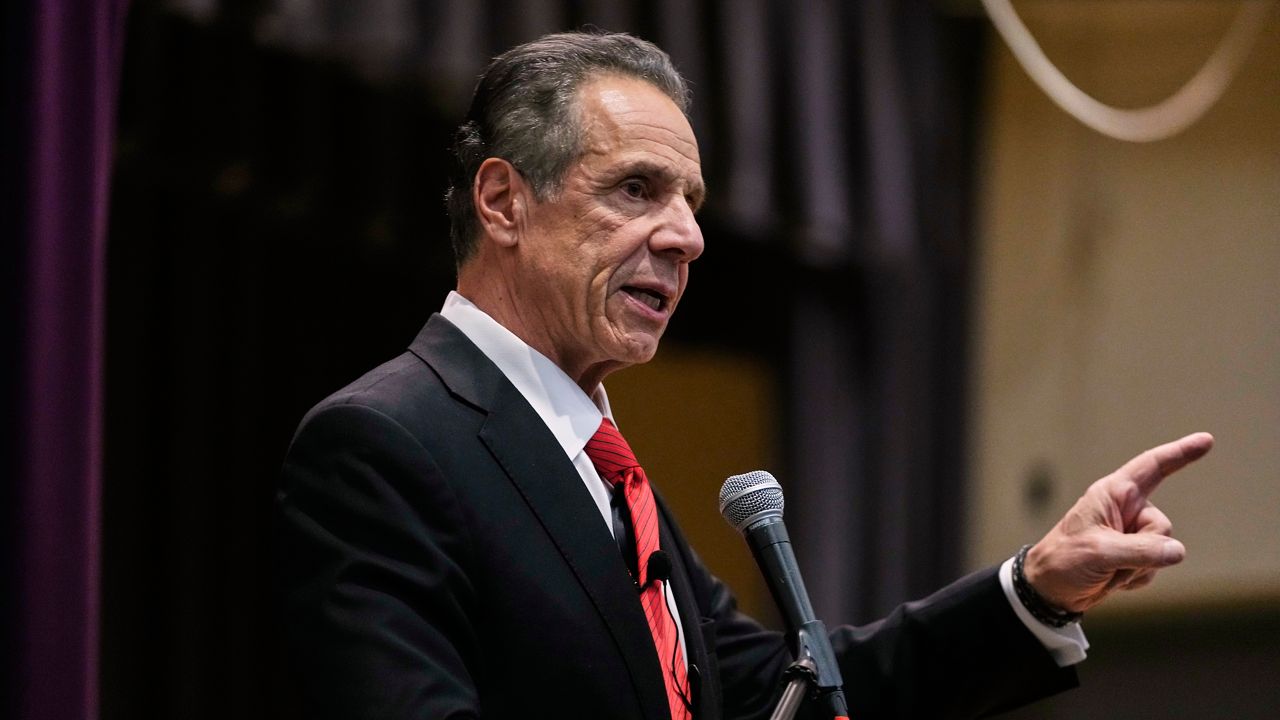Newly-elected New York State United Teachers President Melinda Person's first task: Making changes to the state's teacher evaluation — an issue that in past years has been a contentious one for the union and education policymakers.
But there are also signs the issue could be less onerous for Albany in the remaining weeks of the legislative session, as state education officials and lawmakers signal they are open to further alterations as well.
The fight from nearly a decade over how to assess teachers and classroom performance linked strongly to student test scores seems unlikely to repeat itself.
"We believe we used to have a better teacher evaluation system before these reforms," Person said in an interview. "So we want to go back to where best practices ruled the day."
Teachers chaffed under an evaluation law that has emphasized the results of standardized tests for students, arguing it does not accurately reflect what's being learned and ultimately hindered students.
Over the last several years during the pandemic, performance reviews for teachers and principals were suspended. Since then, learning loss as a result of school closures have led education officials to find ways of boosting student performance and reducing overall reliance on testing as a reliable metric.
"The high stakes nature of attaching the test to teacher evaluation has not only changed what we’re teaching, but how we’re teaching," Person said. "Our members know a better way. They should be given the professional autonomy to teach in a way they know students learn best."
NYSUT this year is seeking more local input in the evaluation process, essentially leaving it in large part to local bargaining units.
"We believe that it’s a failed system and that we need to return to local control," she said. "The Adirondacks, Long Island, New York City – not everyone needs the same exact system. We want this to go back to the local level where we can support our educators and improving their profession."
Democratic state lawmakers are more open now to backing the teachers union. State Sen. John Mannion, a former teacher and union leader himself, is supportive of reducing the reliance on testing, especially in grades 3-8.
"It really has the enrichment, the enriched curriculum, that could be taught," he said.
In 2019, lawmakers reduced the heavy reliance on test scores when judging teachers. Mannion says it's a system he doesn't want to return to.
"Teachers have always been evaluated and always will be evaluated. But this process has been onerous," he said. "I think it has been amended to a degree, but honestly, that doesn’t mean the feedback that’s being provided to teachers or the evaluation system that may have some of them not continue in capacity as teacher really has been ineffective."






_Pkg_CP_Hochul_Trump_DOT_CG_133247410_434)

